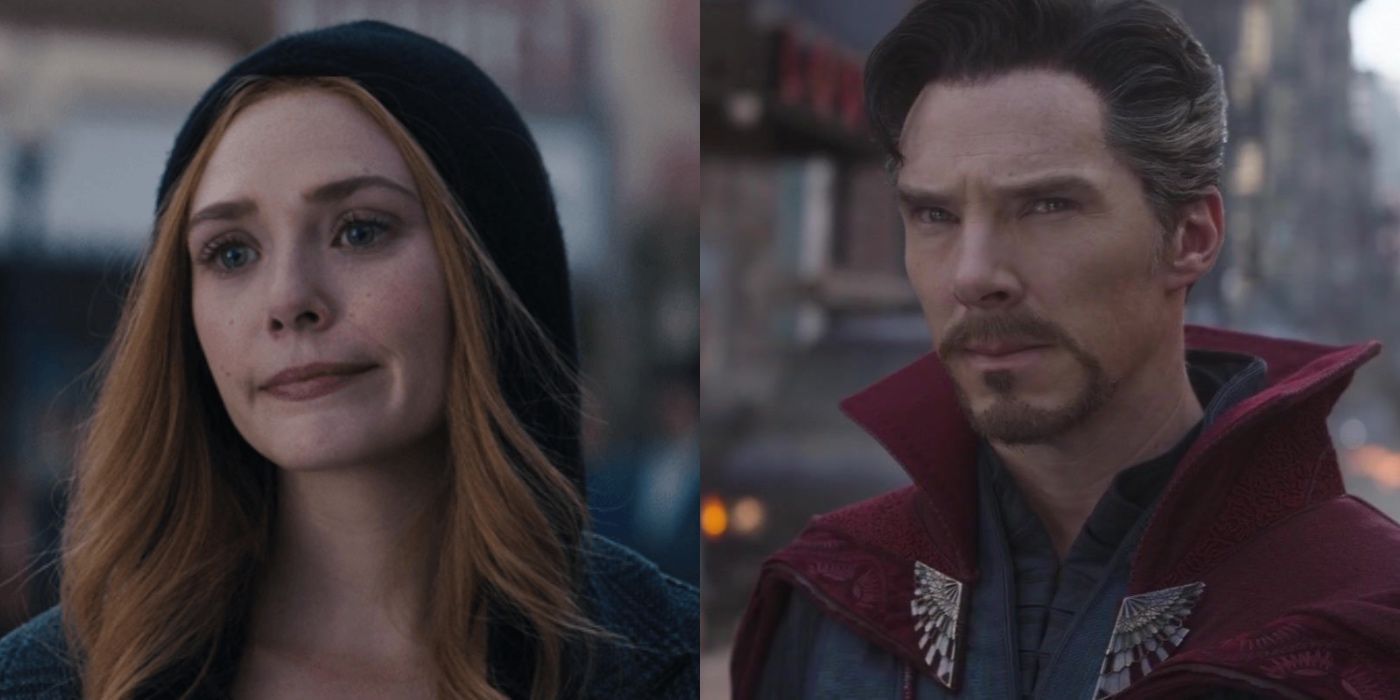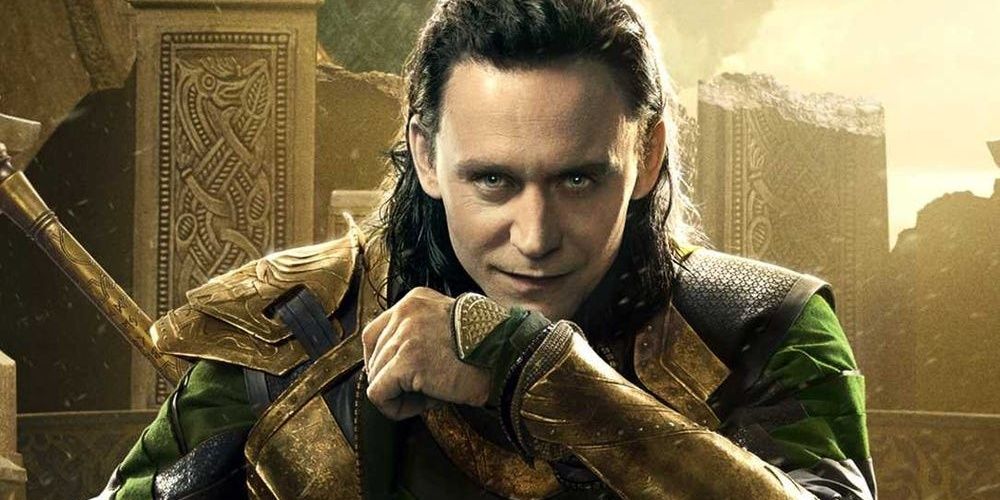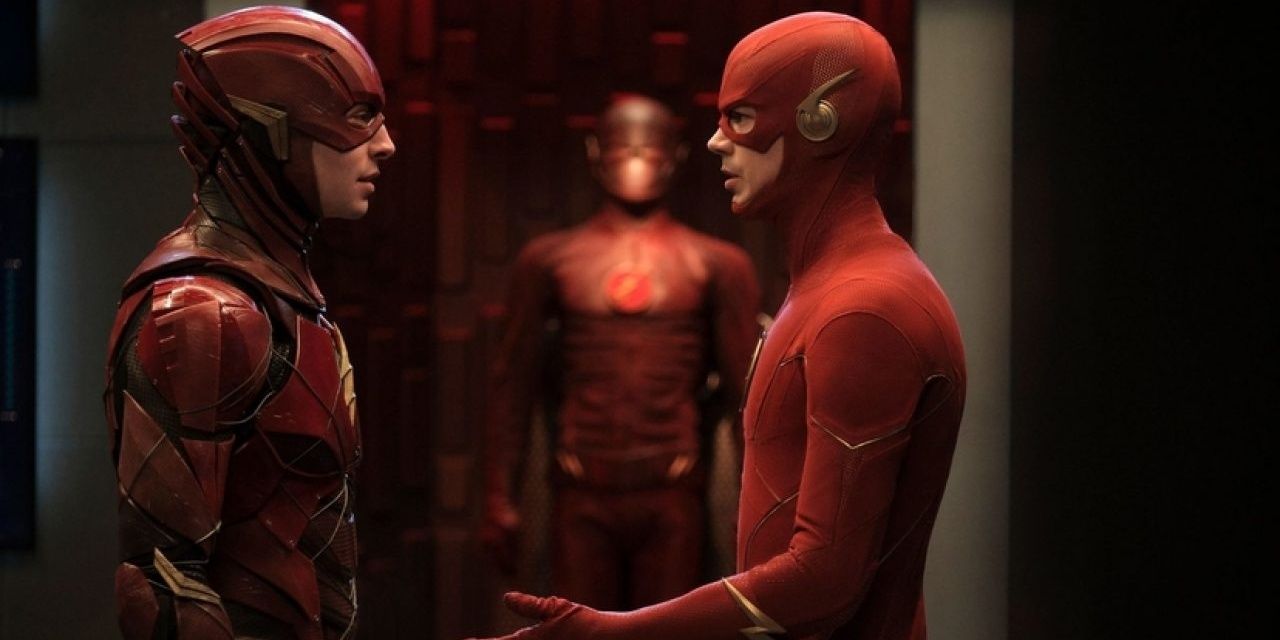Will The Multiverse End Up Being The Achilles Heel Of The MCU?

When the MCU first started out, its characters and films were quite simple. It was hard to tell whether or not low-tier heroes from the comics would be able to make it big in the movie industry, so what used to seem complex is nothing but a brief blip in time for a lot of Marvel fans, as well as the heroes themselves. In the beginning, there were only two major realms in existence: Earth and Asgard. Every once in a while, a random planet of people would show up and attempt to cause trouble for Earth and Asgard alike, but this still kept the focus on a very limited group of characters.
During this early stage of development, it was easy to keep the universe connected and make concrete references to other films in order to establish a cohesive timeline. Even if these references were small and had no major importance in the grand scheme of things, all solo movies, ensemble films, and television shows managed to tie into previous events in the MCU. Doctor Erik Selvig in Thor: The Dark World, for example, vocalized his relief over Loki’s supposed “death” because he had previously been a victim of Loki’s antics in the original Avengers film. Despite Loki’s control over Erik having little influence on the major plot points in Thor: The Dark World, it serves as a perfect example of how it used to be much easier to unify MCU films when their biggest obstacle was just Loki and his involvement with intergalactic terrorists.
Now, however, there are dozens of space settings fans have seen throughout the MCU, in films like Avengers: Endgame, Captain Marvel, and even Guardians of the Galaxy. Expanding the horizons beyond just a few random planets in the galaxy who have a knack for bringing their troubles to Earth has created a major timeline for the MCU to stay in touch with. Characters like Thanos took the MCU to a whole new level, meaning the Marvel heroes are all expected to defend the entire universe, not just a few planets here and there. What’s complicated this even more is the development of the multiverse.

Ever since the release of Avengers: Infinity War the MCU has been using the multiverse for all it’s worth. The multiverse has been a huge part of Phase 4, with Wanda’s fake reality in WandaVision, Doctor Strange’s upcoming film, and the Avenger’s newly discovered ability to time travel into the past. So far, the MCU has managed to avoid any huge plot holes, but now that their universe is expanding to a multitude of television shows and new characters in future films, it might be harder for them to tie everything together.
Considering the huge impact the multiverse will have on the characters and the MCU itself, maintaining continuity has become more important now than ever before. In the comics, the multiverse began to mess with the consistency of overarching timelines, meaning that it became much more difficult for fans to place when and where exactly the heroes embarked on their journey through different realms.
As of right now, the MCU universe is still pretty connected and hasn’t fallen victim to the same timeline issues Marvel Comics had in the past. Even though most of the films were released out of order, it’s been relatively easy to assemble the pieces and place each movie in a chronological lineup amongst the other projects Marvel has completed thus far. With that being said, the MCU isn’t perfect and there have been some continuity issues, especially when looking at the timestamps surrounding the Spider-Man series.
Fans know that it can be quite easy to have some errors within a superhero franchise because there’s so much ground to cover. Marvel needs to avoid making the same error the DCEU does, which is building a rift between its shows and movies. This can happen when too many versions of the same character are in existence at the same time, because it overstuffs the universe and can be difficult to unite the characters since they’re living so separately.

Marvel has also reworked and reimagined characters in the past, one example being Spider-Man. The MCU needs to be careful to avoid bringing back or recreating characters that have already had their time in the spotlight, even though the multiverse technically allows for this possibility. Knowing when to cut their losses and move on from previous fan-favorites will be key to determining how Marvel handles the inclusion of the multiverse. Although some fans are hopeful that they’ll get to see Iron Man again now that there are loopholes in the fabric of reality, Tony Stark led a full life and deserves to be put to rest to avoid feeling overused or out of character.
So long as Marvel dedicates enough time towards creating a sense of unity throughout its projects, the challenge of tackling a multiverse will be their greatest accomplishment yet. So far, the up-and-coming films for Phase 4 look promising. Finding a way to keep everything consistent and not using the multiverse as an excuse to revive dead heroes will be the two major aspects that keep the MCU from finally meeting a challenge it cannot beat.

Post a Comment